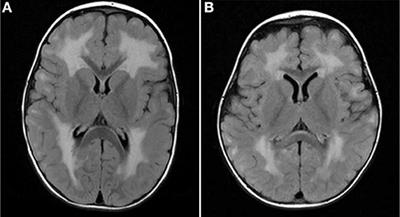EDITORIAL
Published on 28 Feb 2020
Editorial: Pathophysiologic Insights From Biomarker Studies in Neurological Disorders
doi 10.3389/fneur.2020.00151
- 1,643 views
- 1 citation
53k
Total downloads
256k
Total views and downloads
EDITORIAL
Published on 28 Feb 2020
ORIGINAL RESEARCH
Published on 11 Jul 2019
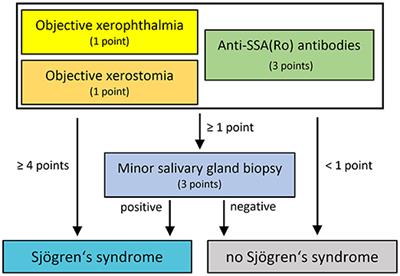
CASE REPORT
Published on 09 Jul 2019

ORIGINAL RESEARCH
Published on 14 Jun 2019
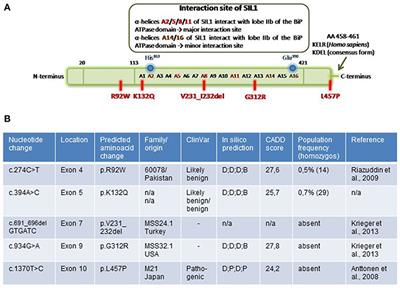
ORIGINAL RESEARCH
Published on 14 Jun 2019
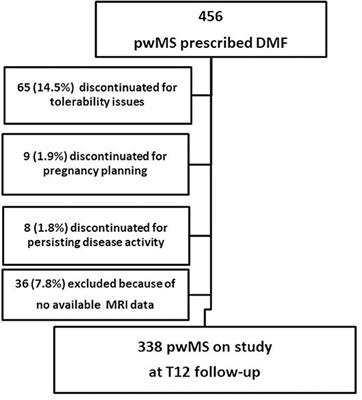
REVIEW
Published on 07 Jun 2019
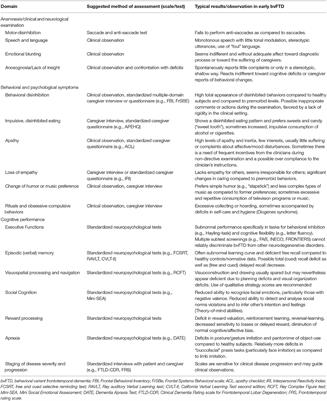
REVIEW
Published on 06 Jun 2019
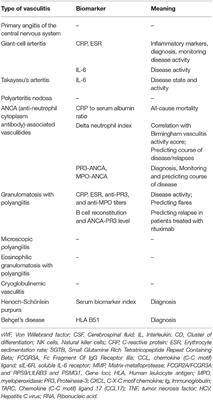
ORIGINAL RESEARCH
Published on 27 May 2019
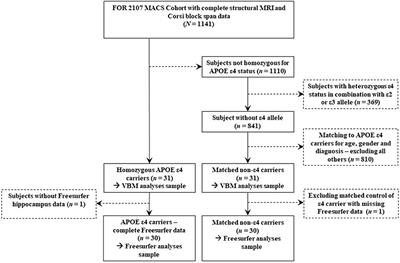
ORIGINAL RESEARCH
Published on 09 May 2019
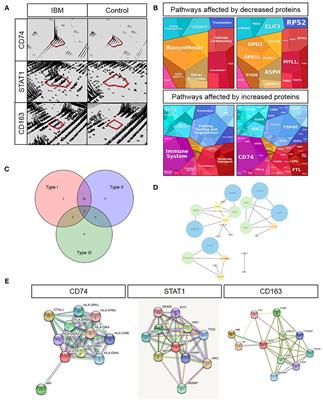
ORIGINAL RESEARCH
Published on 09 May 2019

REVIEW
Published on 08 May 2019
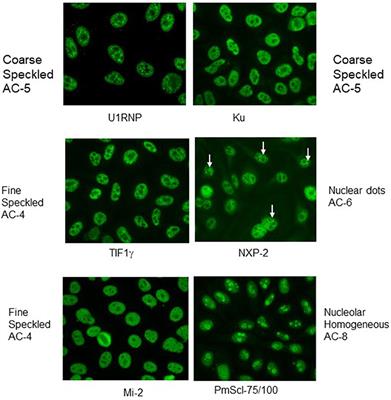
ORIGINAL RESEARCH
Published on 07 May 2019
